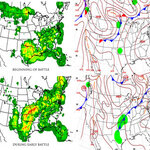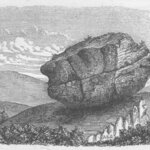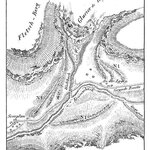
Émilie du Châtelet - An Essay On Heat - 1739 - #1
In 1739 the Paris Academy of Sciences proposed a question: what is fire? A prize was offered for the best response. Entries were to be presented anonymously. The prize was awarded to Euler. Voltaire, who had also entered the competition, did not know until the list of entrants was published with the prize award notification that his entry had been in competition against one from his lover. Although Émilie du Châtelet did not win the prize, her entry was considered so remarkable that, at the request of Réaumur, the Academy…




